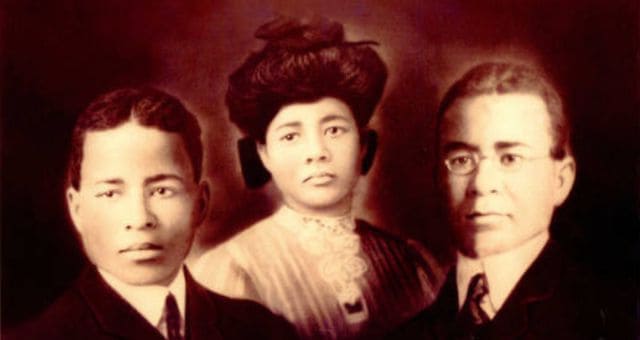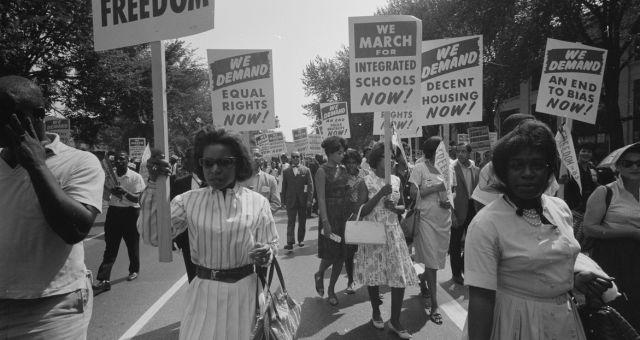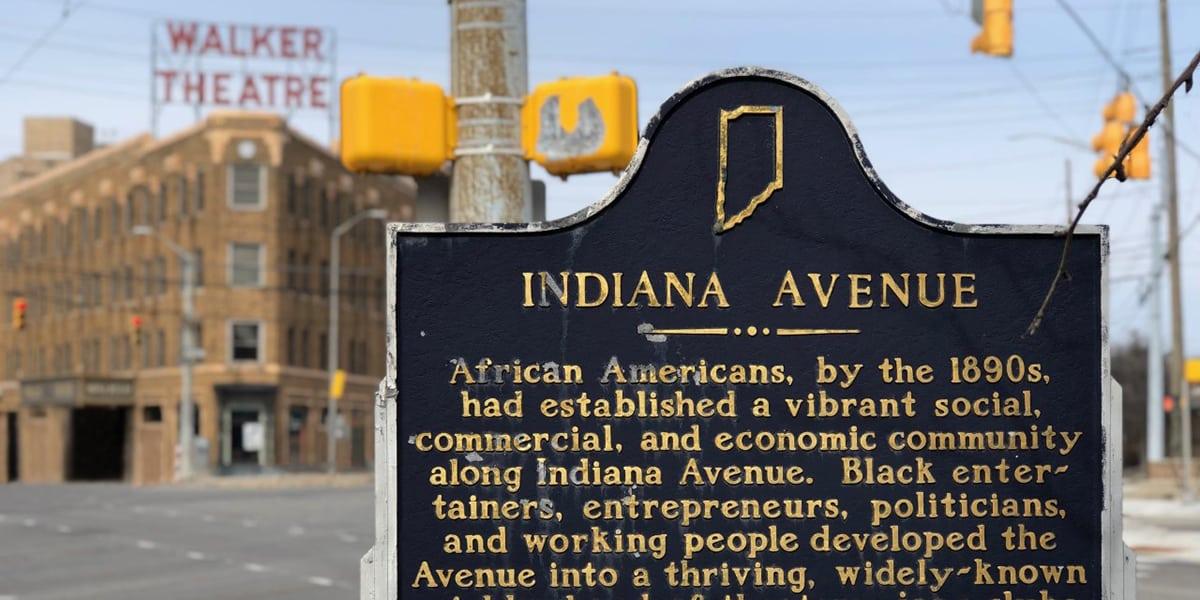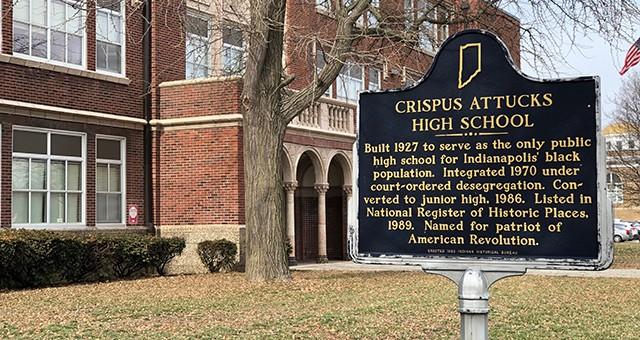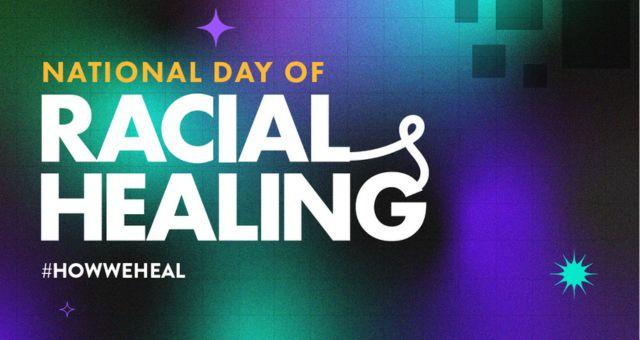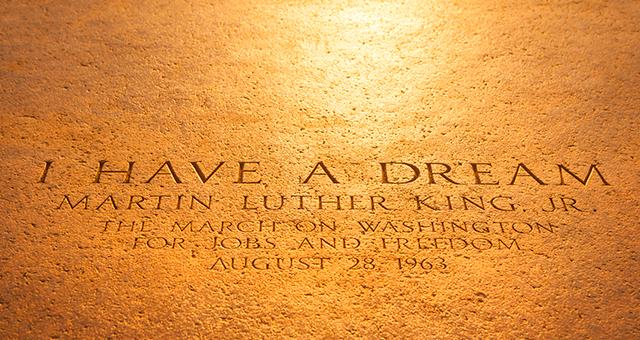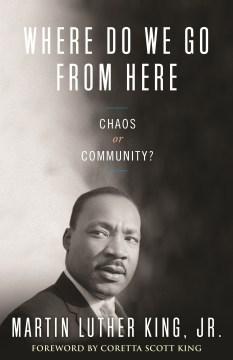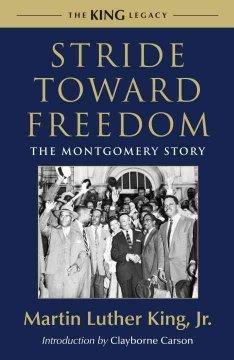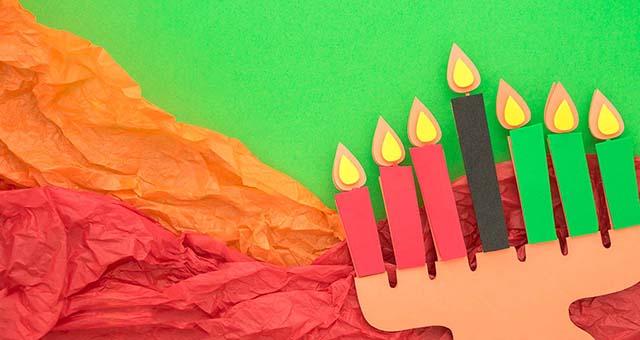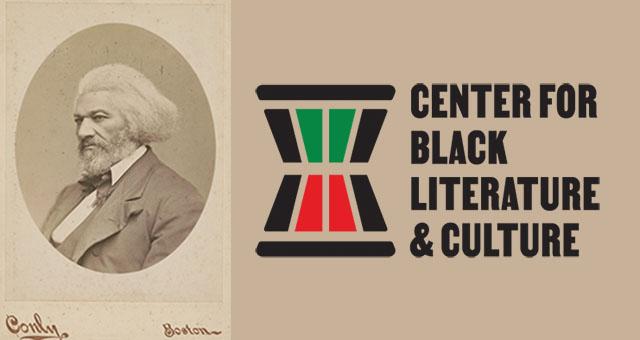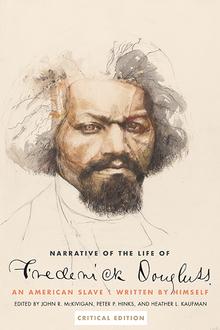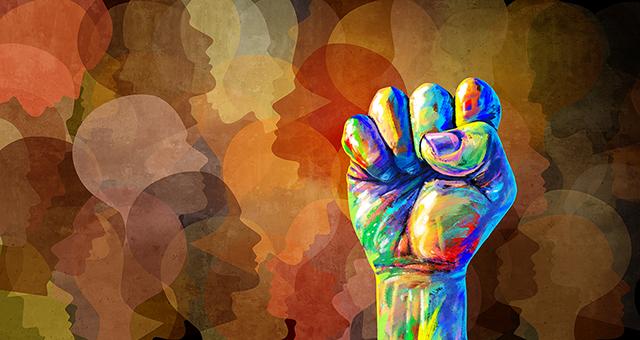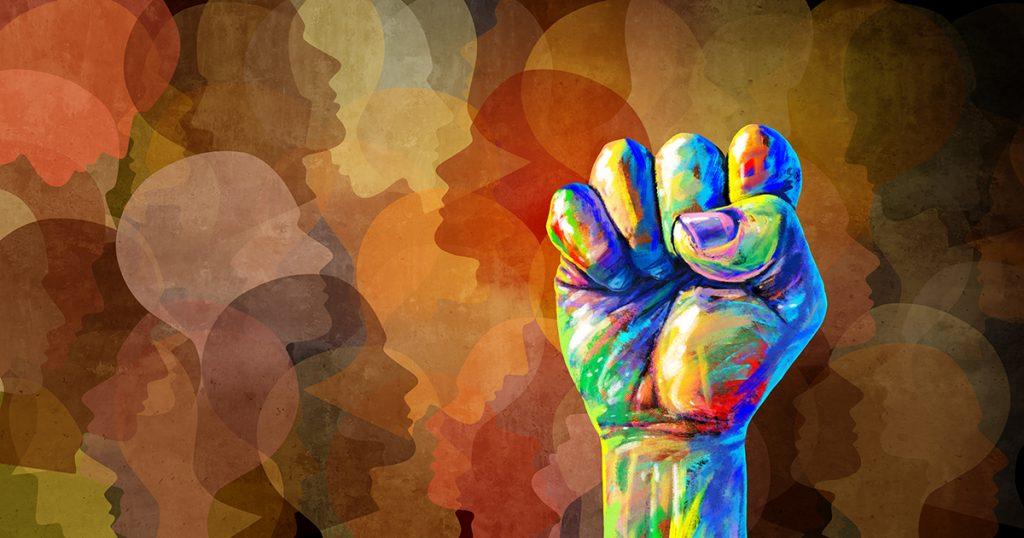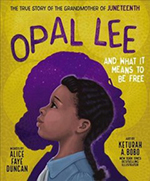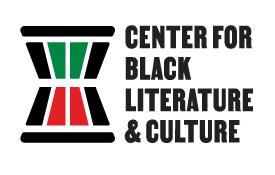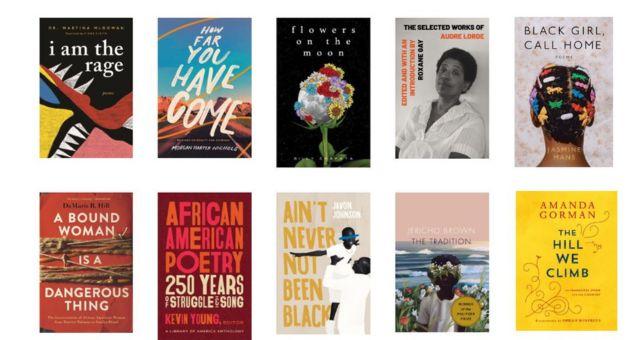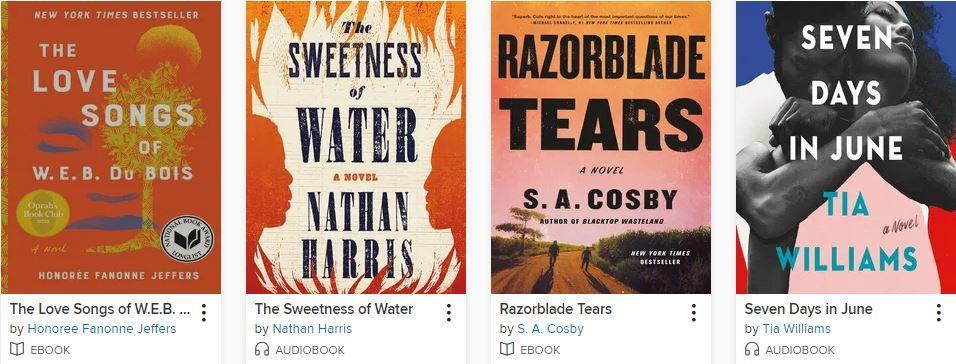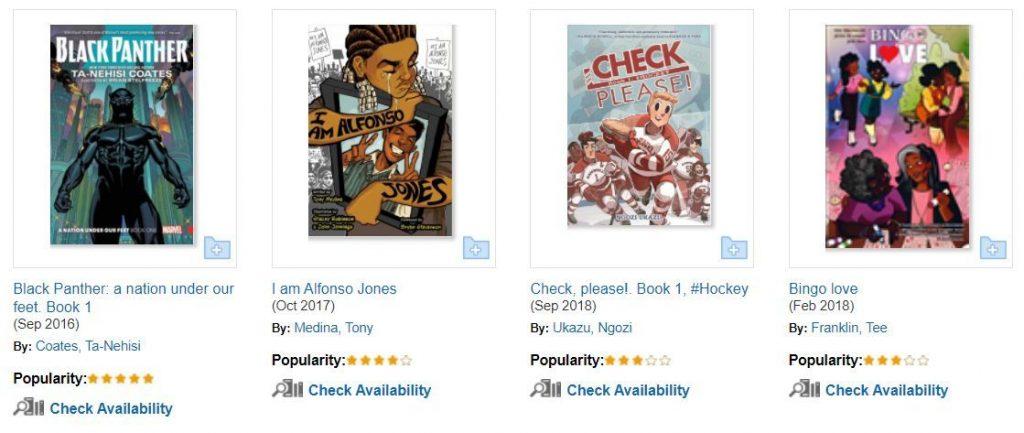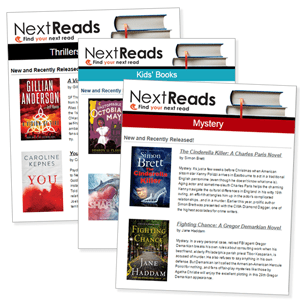Seize the opportunity to honor the too-often neglected accomplishments of black Americans in every area of endeavor throughout our history.
– President Gerald R. Ford, officially recognizing Black History Month, 1976
There was a time in our nation’s history when learning about the achievements and good deeds of Americans included pertinent facts about almost every group of people living in the United States. The notable exception was people of color, and more specifically, African Americans. Present-day, during the month of February, we celebrate Black history and African American accomplishments, including contributions by our teachers, historians, lawyers, doctors, political activists, writers, engineers, dancers, athletes, musicians, artists, and so much more.
Black History Month
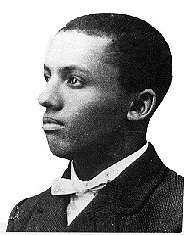
Did you know that observance of Black History Month began in 1976 back when President Gerald Ford was at the helm? Prior to this, African American history was actually observed during the second week in February as “Negro History Week,” which began in 1926. Negro History Week was the brainchild of Carter G. Woodson-PhD and the Association for the Study of African American Life and History (ASALH), founded in 1915 as the Association for the Study of Negro Life and History. Woodson reportedly settled on the second week in February because it coincided with the birthday of Abraham Lincoln (U.S. National Archives: Emancipation Proclamation) and Frederick Douglass (African American Civil Rights Activist). Learn more about Carter G. Woodson as well as the Association for the Study of African American Life and History. Several books on Woodson’s life and legacy for adults and kids can be found in IndyPL’s catalog.
It’s about the lived, shared experience of all African Americans, high and low, famous and obscure, and how those experiences have shaped and challenged and ultimately strengthened America. It’s about taking an unvarnished look at the past so we can create a better future. It’s a reminder of where we as a country have been so that we know where we need to go.
President Barack Obama, 2016
The Library has books, music, movies, and digital collections related to African American history. If you are in need of suggestions for what to check out next, here are some great ways to get started – re-read a classic or favorite, find out about an author you have never read, reflect on what you remember, or discover a piece of history you didn’t know.
Attend a Black history program at The Library.
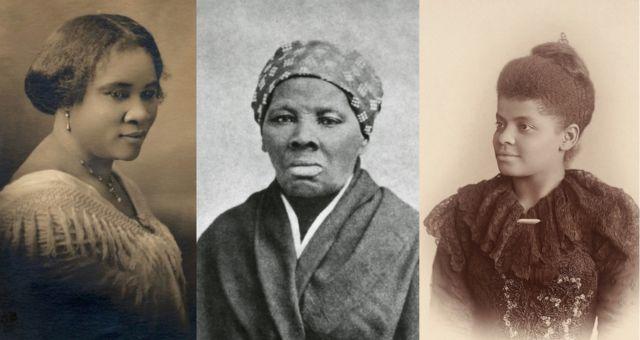
Visit the Center for Black Literature & Culture at Central Library to explore our collection.
The Center for Black Literature & Culture (CBLC) is home to our largest collection of materials by Black authors. Take as long as you’d like to browse this collection that features authors whose work impacts local, national and global culture in literature, sports, business, politics, science and music. Also don’t miss the CBLC’s website, The Power of Black Voices. This online collection includes artifacts, photographs, and articles across many categories.
Our knowledgeable staff and the resources available to you at The Library and online can help you get started from primary sources and portals to biographies, artifacts, photographs, and more.
- See our collection of resources to explore the African Diaspora.
- Explore Indianapolis’s local Black history by browsing through these online portals, digitized newspapers and documents, photo galleries, artifact collections, images, documents, and more.

Share Black history with kids.
If you are looking for Black history resources for kids, read through history by browsing our Racial Justice Timeline, 1954-1968. Listed here are important events of the Civil Rights Movement and the fight for racial justice. For each event a few books are listed, both fiction and non-fiction, that bring the events and people to life.
Books written for children are also great introductions to history for adults. These selections designed for kids often include excerpts of primary sources, charts, graphs, and high quality photographs from digital archives. These selections make thoughtful reads for adults as well.
Read Black authors.
Here are six tips to help you find books written by Black authors, including a convenient clickable list of authors linked directly to our catalog for placing requests or checking out e-books or audiobooks. Find compelling history and historical fiction, biographies, and memoirs by both contemporary and classic authors.
You can also get reading recommendations from our staff. Browse these featured recommendations.
Recommendations for Adults
Loving the Black Representation in Film and TV
Science Fiction by Black Authors
Black Authors Writing In Verse
History of the Black Panther Party
Black Girl Coming-of-Age Movies
Recommendations for Kids
Poetry Books for Kids by Black Authors
Books about Black Artists for Kids
Learn about Black Activists and Activism
Continuing the Legacy of Madam C.J. Walker
Stunning Biographies for Kids that Showcase Black Musicians & Singers
Children’s Books that Share the Vibrant, Varied Talents & Stories of Black Artists
Dazzling Books about Black Inventors and their Game Changing Innovations
